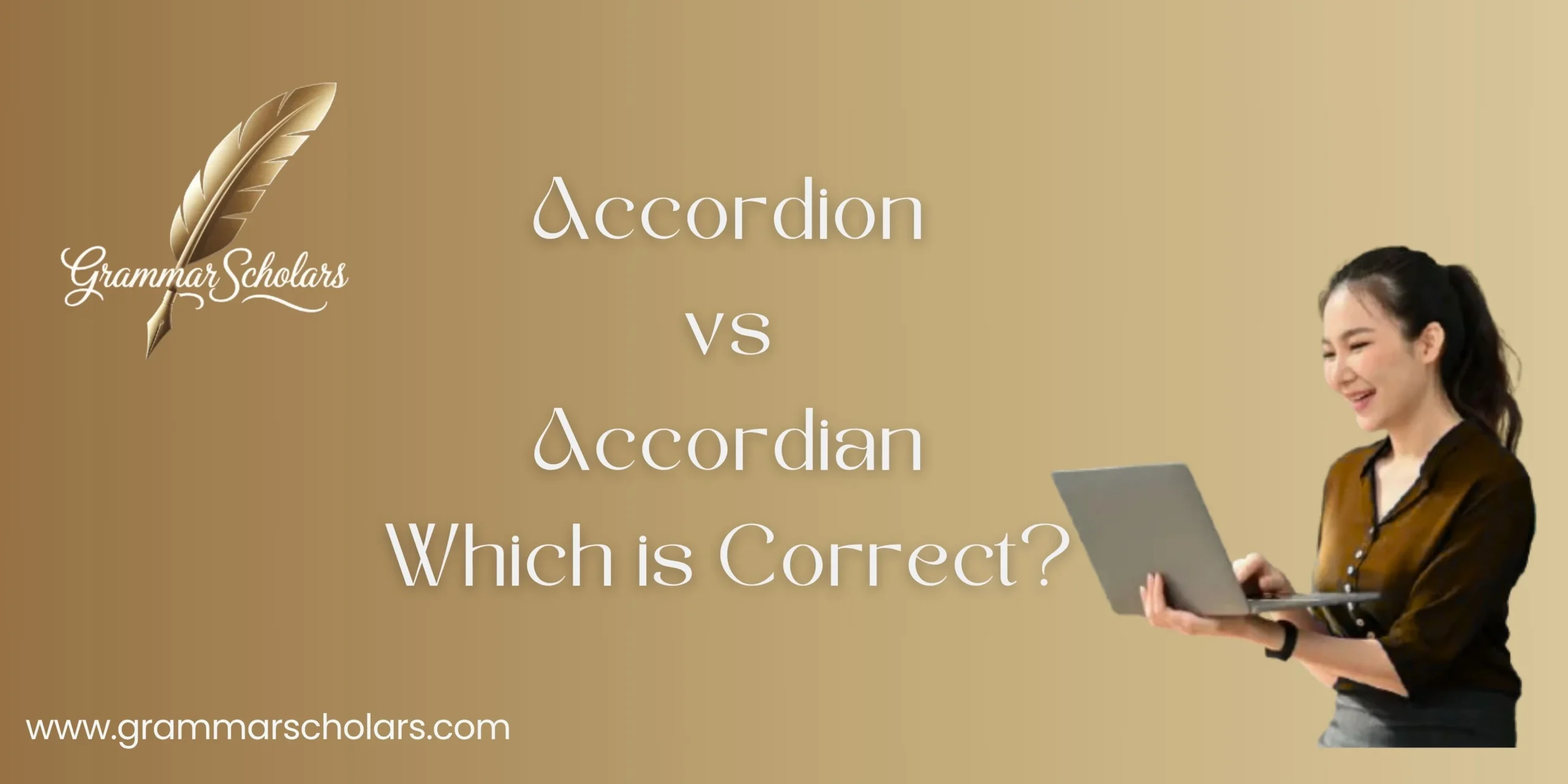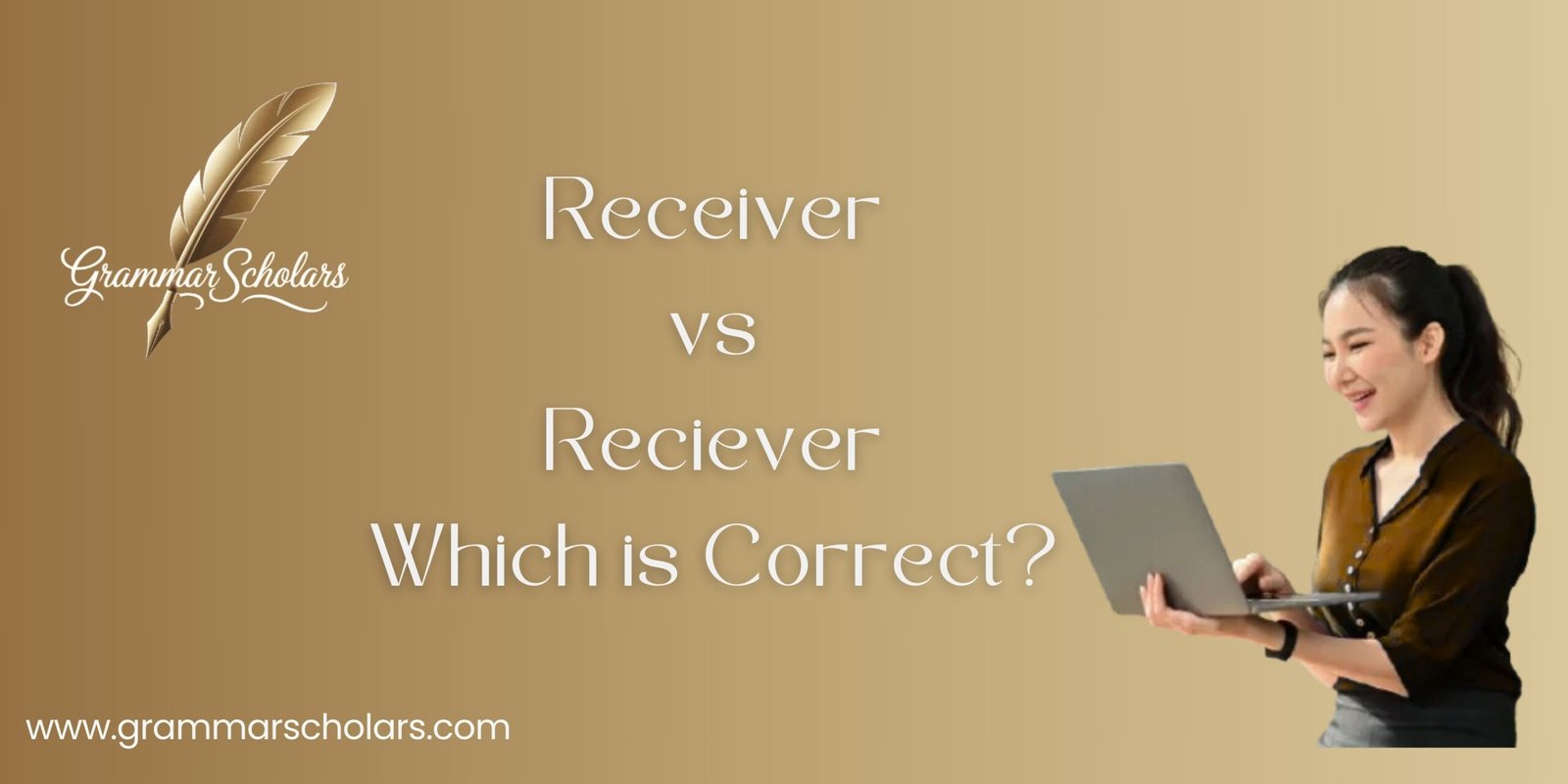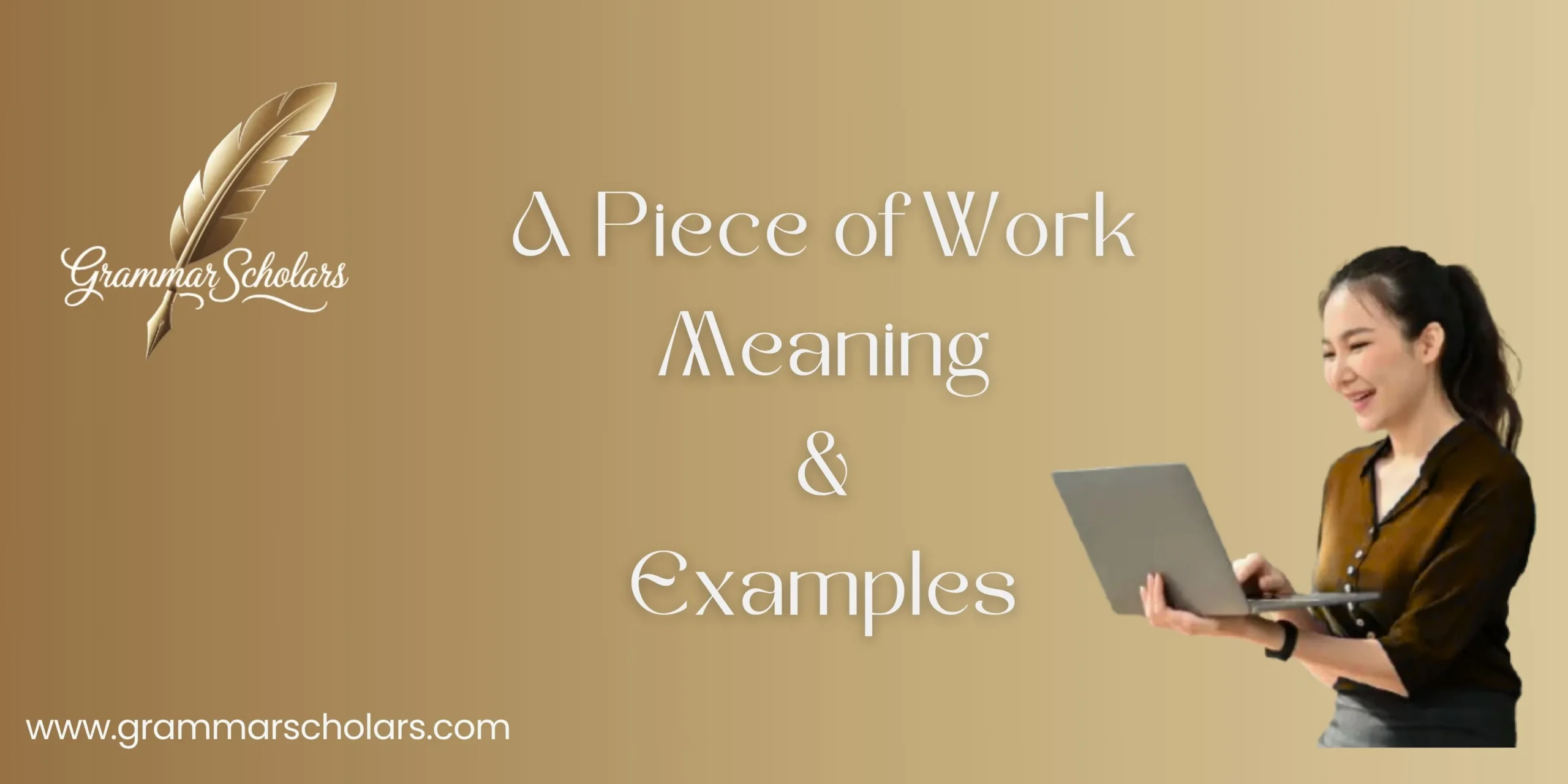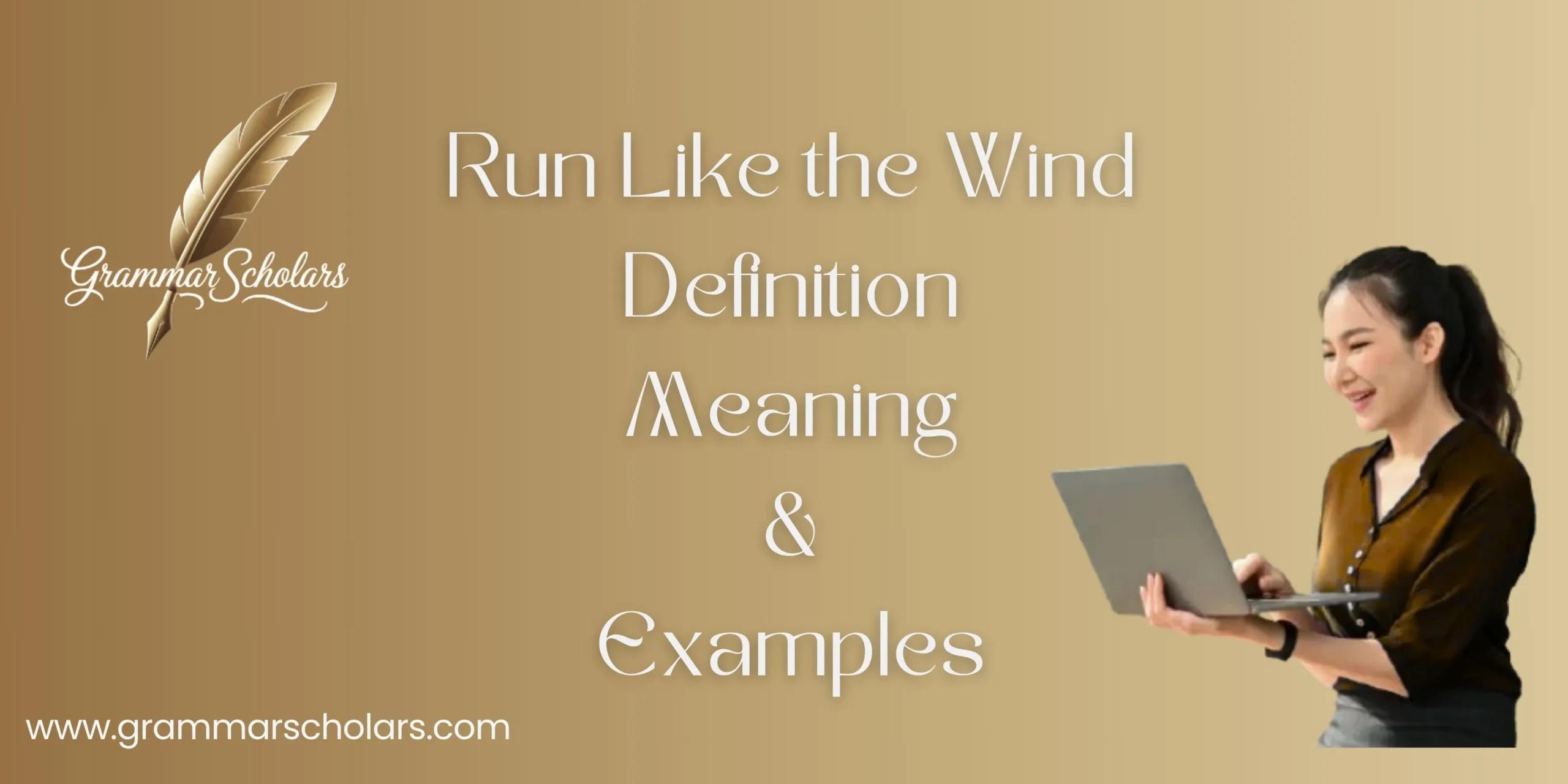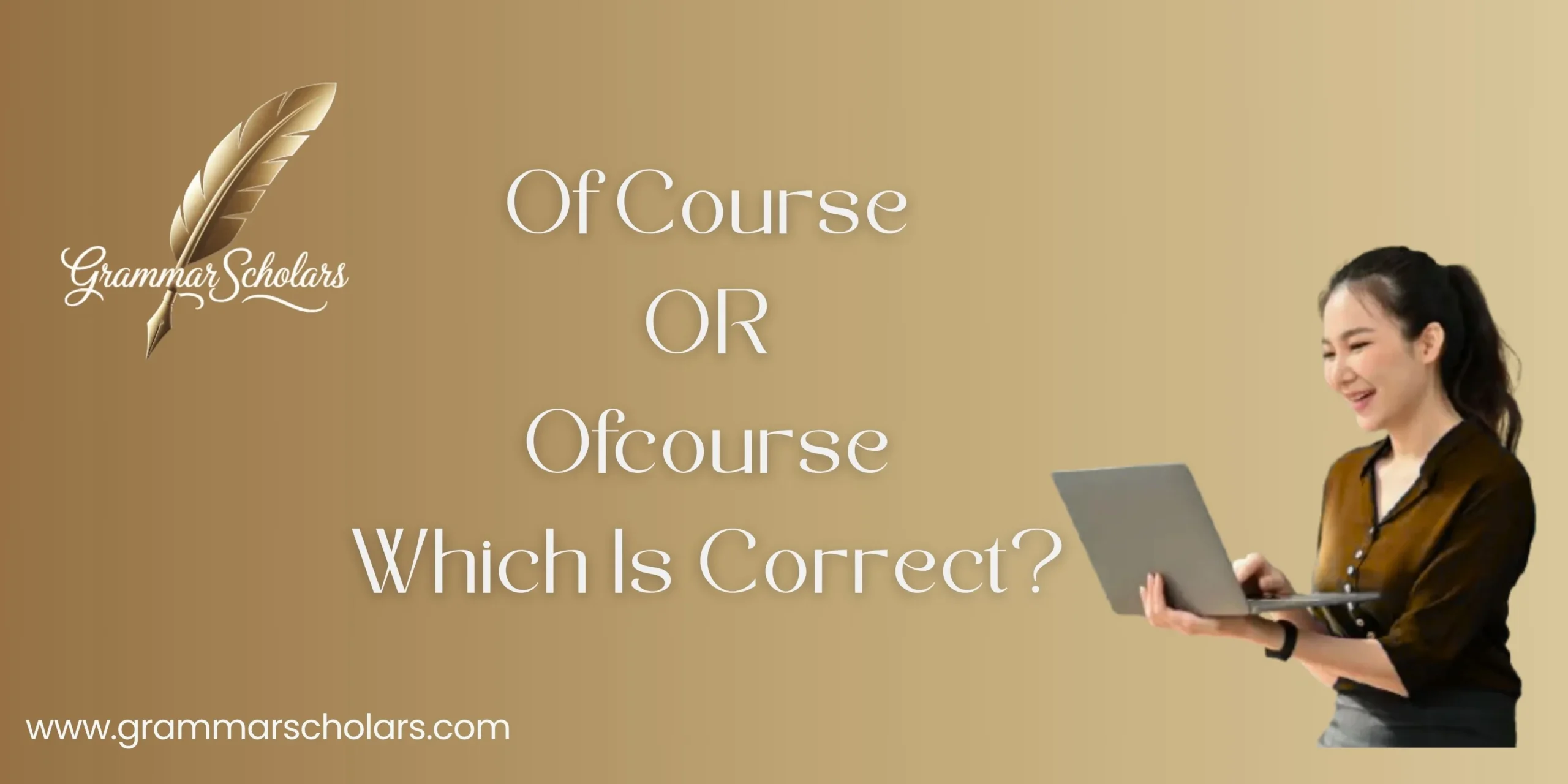Accordion vs Accordian – Which is Correct?
Many people confuse the spelling of “accordion” and “accordian,” especially in forums, blogs, and music listings. As small as this typo may seem, it can create real confusion- especially when you’re searching for an instrument or sharing your passion. Accordion vs Accordian – Which is Correct? The answer is clear: accordion is the right spelling, … Read more
